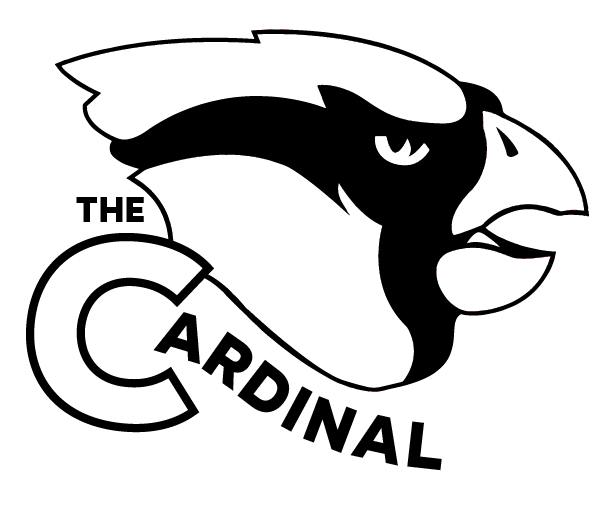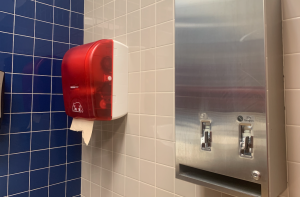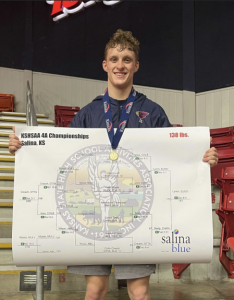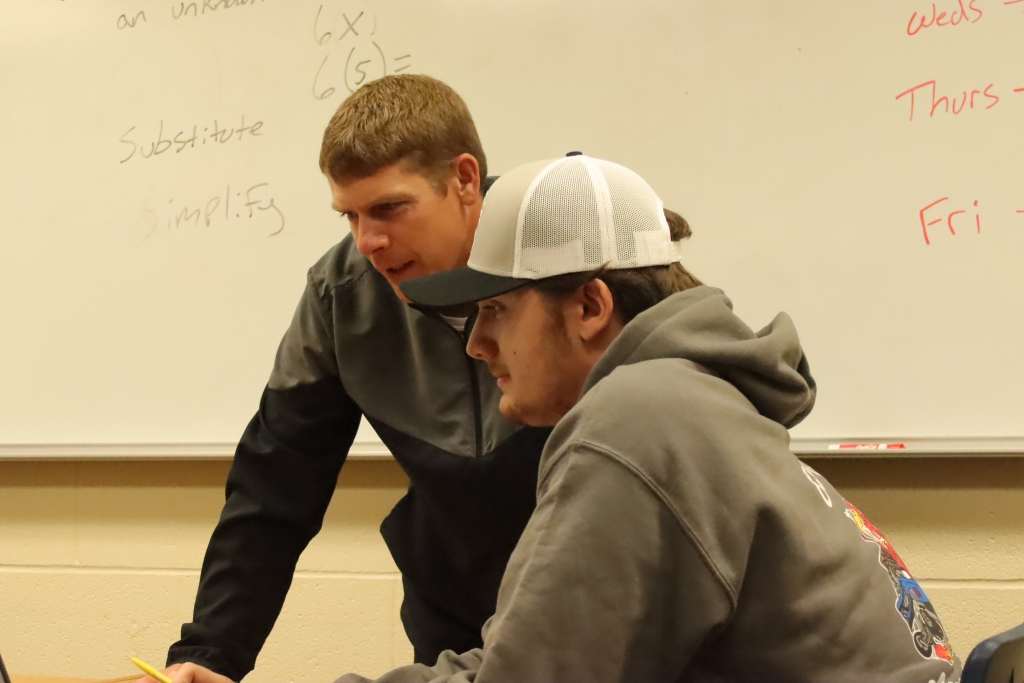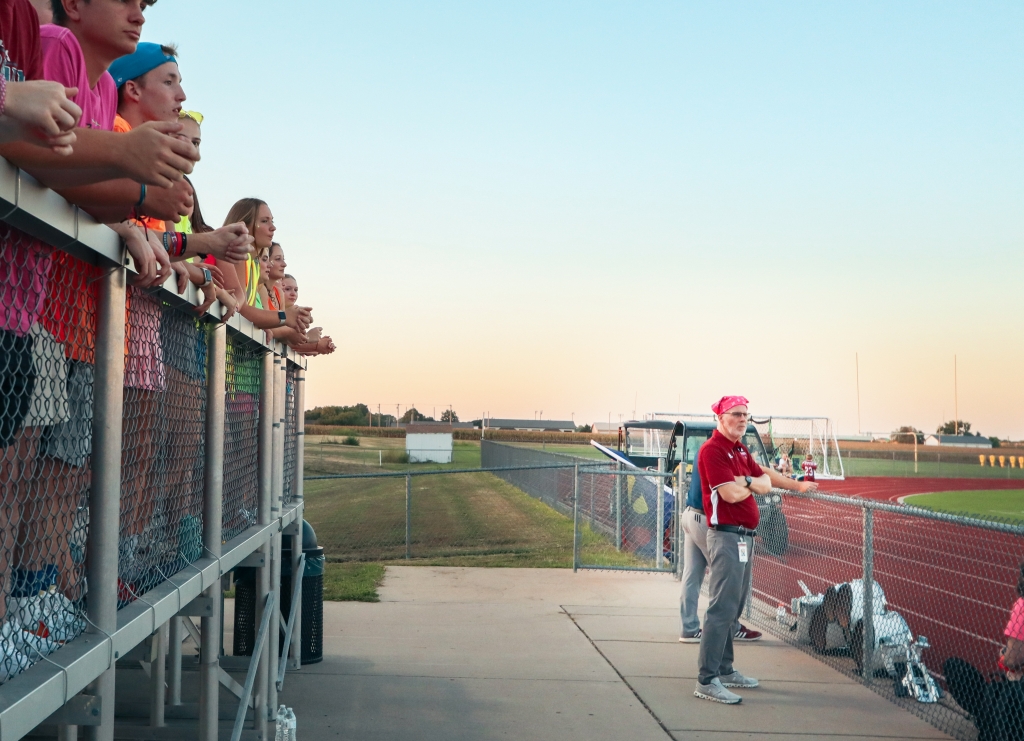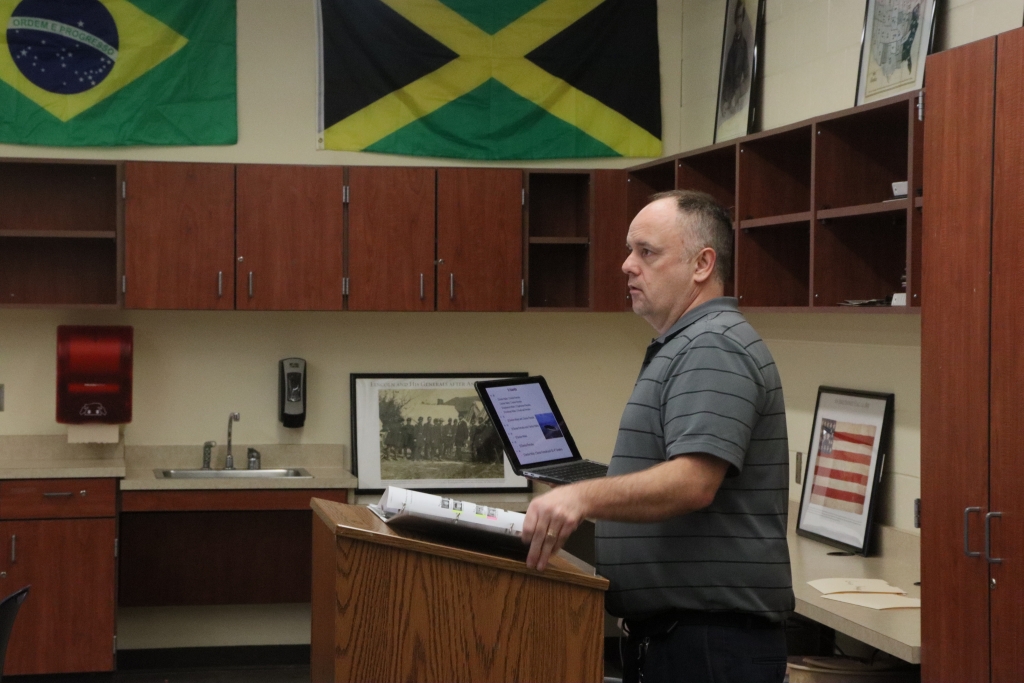Weather forecast
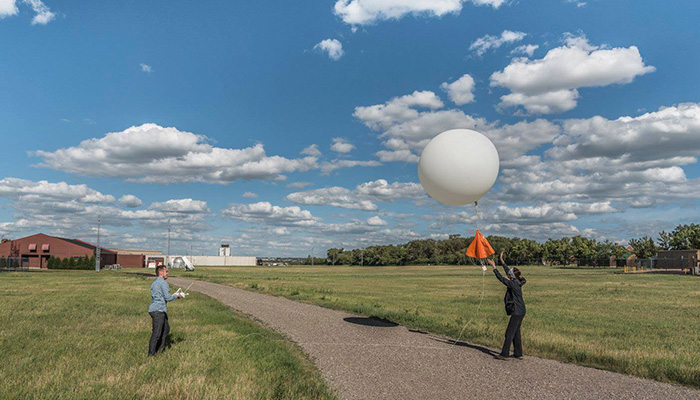
Weather forecast is something that is part of our daily life. Nowadays you watch the weather forecast on an app on your phone to know which clothes to choose in the morning, or what you’re gonna do during the day…
But do you really know how meteorologists predict the weather?
Of course, this is not just a guess. They are calculating with the data they have on the past weather and the present weather, what could happen, and is the most possible to happen. They use tools to measure and translate the data, like Doppler radars, satellite data, radiosondes, automated surface-observing systems, supercomputers, and AWIPS (Advanced Weather Information Processing System).
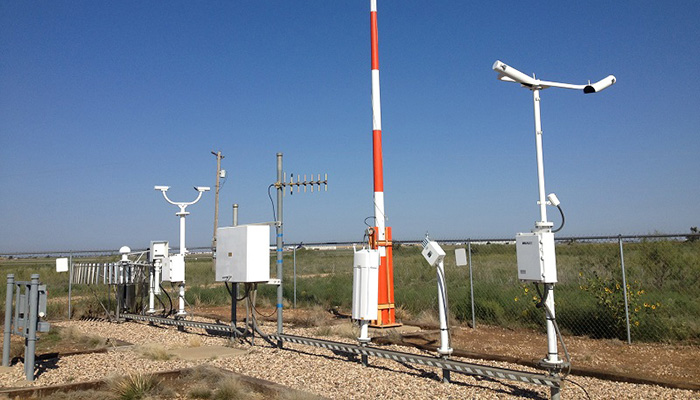
You may ask yourself what exactly is the job of a meteorologist? John Lavin, Forensic Meteorologist at AccuWeather, gives some insight.
“Our job is to interpret the various predictions from the computers, and to come up with the forecast, based on what was suggested,” Lavin said.
As many would think, weather presenters on TV aren’t just presenting. They actually are presenting what they worked on previous to the release on TV. Each one of them has a degree in meteorology, which means at least four years of study and for some even a master. They need to analyze the previous statements of the other meteorologists and then base their own on what happened and what’s happening.
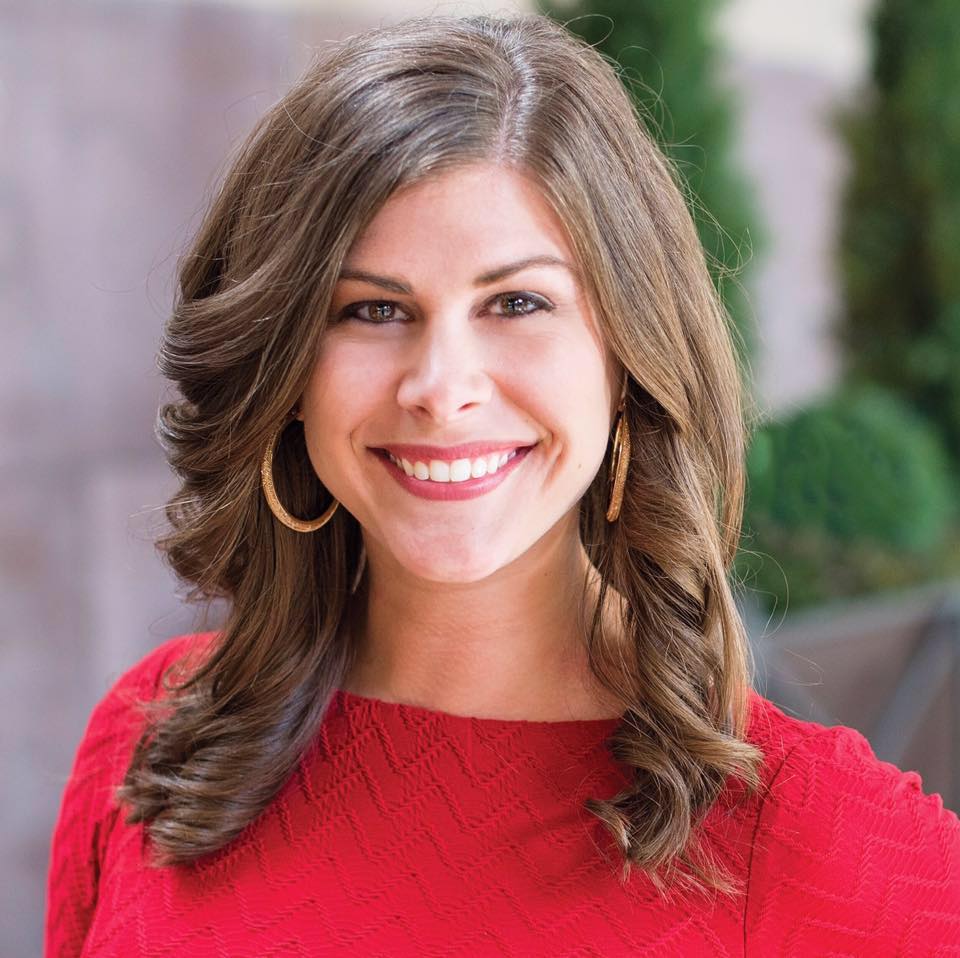
Michelle Bogowith, Meteorologist and Presenter on FOX4, said, “It takes a full half-hour to make a full analysis and look at the data. It’s really challenging too in this part of the country.” are not only working when they need to present, they have crazy schedules.
There is always the need to have a meteorologist in the station so they can analyze what’s happening.
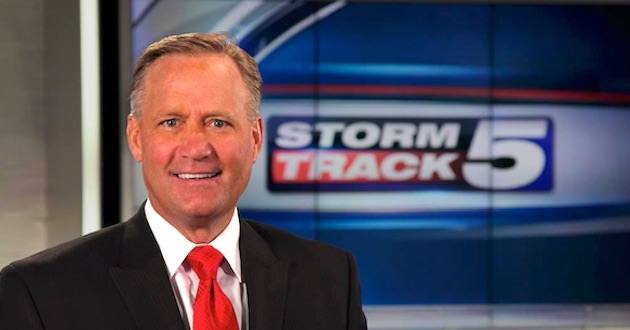
Gary Amble, presenter on KCTV describes his work hours, “I begin my day at around 8:30 AM and go through 10:30 PM. It’s a long day but I get several breaks during that time.”
“I’m there at 2:30 a.m.,” said Bogowith.
As we all know, the weather is not an exact science. So the accuracy is declining as we try to predict further than a week. But as time goes, they have new technologies here to help them make better predictions.
“The new things that are out there these days and have the most interest, would be machine learning. We are training the computers, so they learn what is producing this type of weather”, said Lavin.
A lot of people are thinking if it would be possible that another tornado, like the one that hit Lawrence a few years ago, would happen again this year. And if the conditions would make it worse. But most meteorologists don’t think so.
“Could we have tornadoes in this area? Yes, definitely possible this season. I don’t think we will have a monster like the Lawrence one this year”, said Bogowith.
Amble adds, “A tornado like that only happens about once every 25 to 30 years in our area”.
Lavin tells about one of the “funny” downsides of his work, “Also if you’re off work, it’s sometimes hard to shut it off, because you go see the weather forecast, how you did, what’s happening… “
Amble adds about his job, “I really enjoy the weather along with the challenge of getting it right.”
Featured Image: Radiosonde
